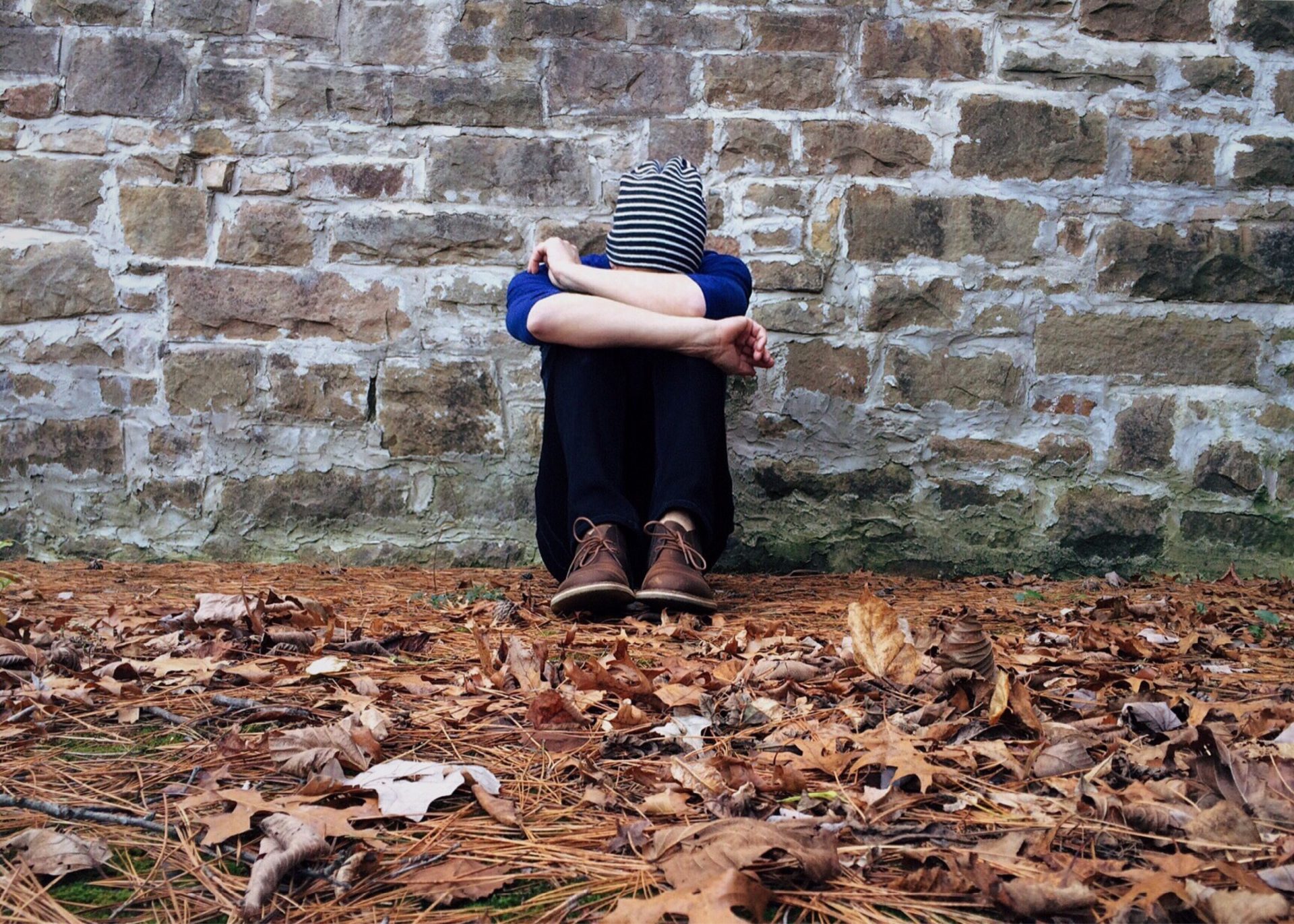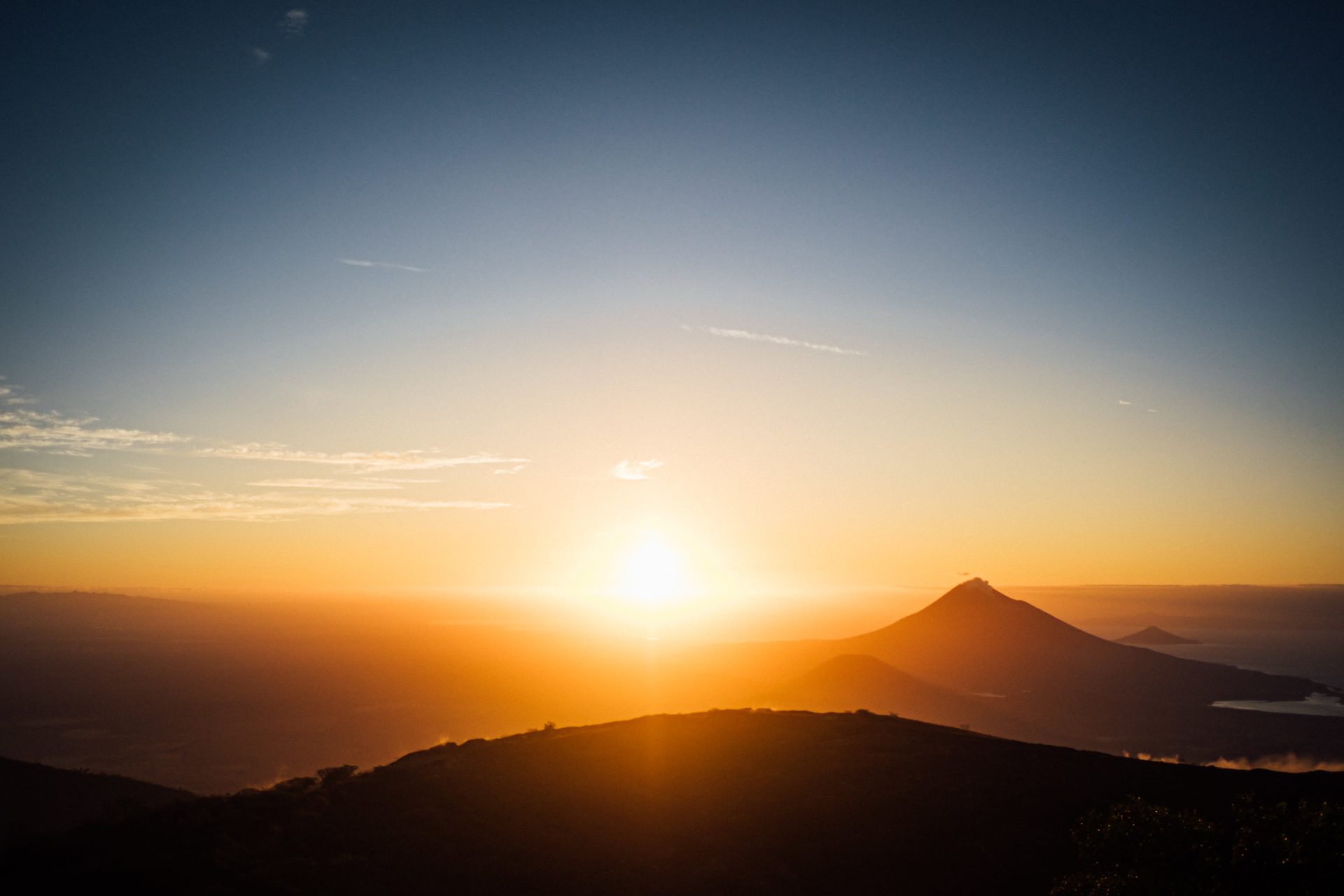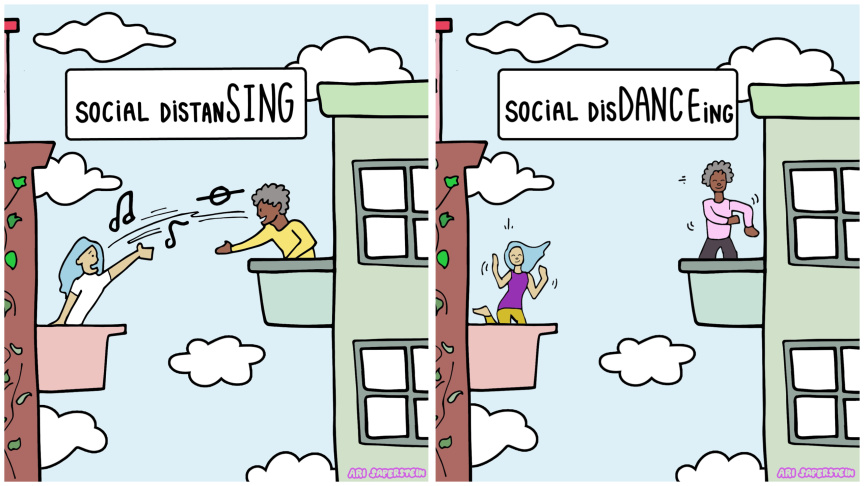The deep and far-reaching impact of our planet’s pandemic drove itself into my mind and emotions these last two weeks—boring holes into old traumatic tissue.
Have you ever experienced a kind of loneliness in which you crave compassion?
I simply wanted to know that another human being, at any point in history, experienced a similar suffering. During this painful process, I sought uplifting, comforting words.
As often happens, Life provided an unexpected gift. A poem by John O’Donohue, 20th century Irish poet, philosopher, priest, and Celtic spiritualist, entered my email box via someone I don’t even know. It read:
This is the time to be slow,
Lie low to the wall
Until the bitter weather passes.
Try, as best you can, not to let
The wire brush of doubt
Scrape from your heart
All sense of yourself
And your hesitant light.
If you remain generous,
Time will come good;
And you will find your feet
Again on fresh pastures of promise
Where the air will be kind
And blushed with beginning.
These words shook my world with profound relief. They gave me permission to lie low, arrested my heart-scraping self-talk, allowed me to remember who I am, and invited me to accept my own hesitant light. They supported my generosity.
I remembered the feeling of new beginnings, fresh air, hope and promise.
Shortly thereafter, pressures lightened a bit. I found myself able to enjoy cleaning my home, something I’d previously had no motivation to do. I rearranged my office, cleared my desk, and finally put up the acupressure poster that had lain curled up in a corner.
I slowly began to release torturous self-judgments and to re-engage what I believe to be true—that everything is happening just the way it should.
It’s essential to note that tending tasks was now done very, very slowly. I moved in slow motion, breathing deeply as I worked, paying attention to my body, surrendering the need to think, letting the emotions rest.
In essence, I was lying low to the wall and in gentle motion, at the same time.
I’m finding this way of “working” so pleasurable. It is low stress and invites ease. It’s inclusive and accepting. It feels both effortless and fulfilling.
While I, like many who want to serve in these times, may not know what steps to take to be more available and helpful, there is an ever-so-slight fragrance in the air, as if a sweetness is coming soon.
I welcome the changes we’re creating, even now, to unite us in new ways for the good of all. Many kindnesses will rebuild the fabric of our community in bolder colors.
I choose to embrace the new harmonic resonance that’s calling us to be the best we can, to do the best we can, and to love the gift of life, truly.
photo by Pixabay



